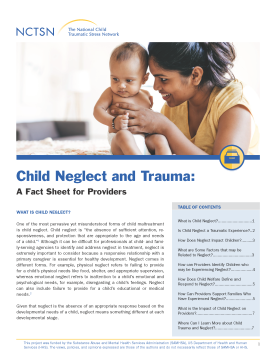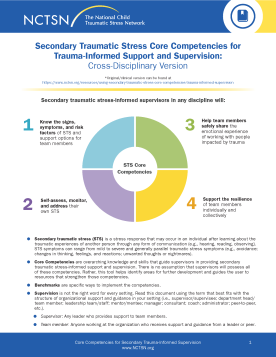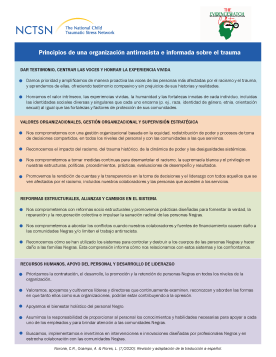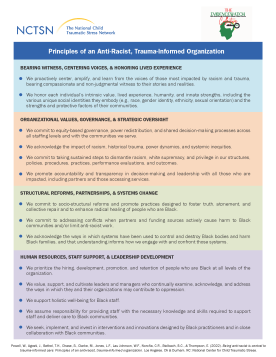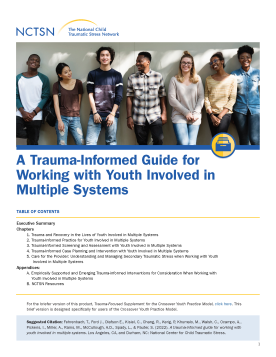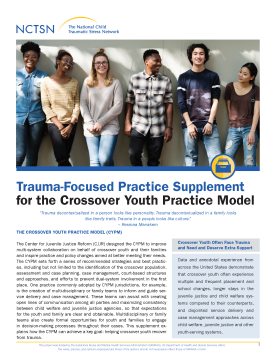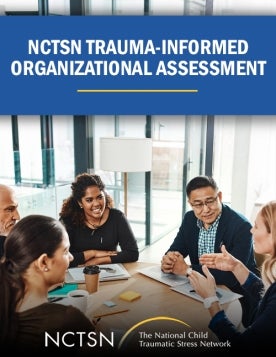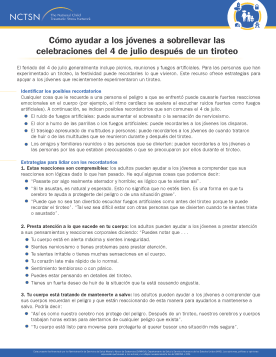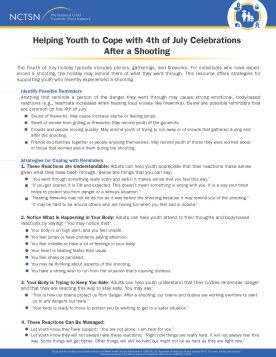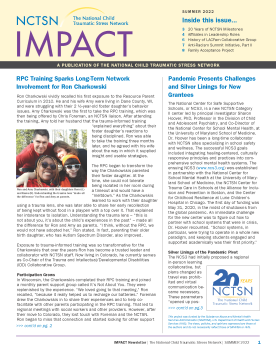
NCTSN Impact Newsletter: Summer 2022
Highlights Affiliate members who are taking more leading roles and expanding the reach of the Network; a former resource parent who now co-chairs a collaborative group; two grantees that joined during the pandemic; and the dedication of the Anti-Racism Summit Initiative faculty who have...

